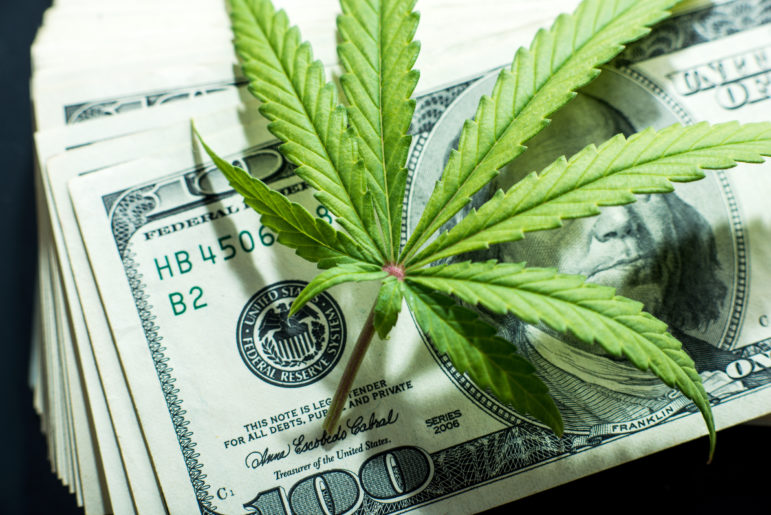African farmers have been growing cannabis in Africa for centuries. Nevertheless, consumption of the plant for either medical or recreational purposes is banned almost everywhere on the continent. Recently, however, the growing global demand for medical cannabis has caused several African countries to rethink their cannabis cultivation laws.
Indeed, as more and more countries worldwide legalize marijuana consumption for medicinal and even recreational purposes, the market for legal cannabis is exploding. The global market for legal cannabis is expected to reach almost $43 billion by 2024. By 2027, the demand for legal cannabis in Europe alone should hit $37 billion, up from $3.5 billion in 2019 – an almost 30% CAGR.
According to a UN Survey, more than 10,000 tons of cannabis are produced on the African continent each year, which could be worth billions of dollars in a rapidly expanding global market for legal cannabis.
Although some poor African governments have not yet followed the trend of marijuana legalization seen in Europe and the Americas and most parts of Africa, legitimate marijuana production for medicinal and industrial use is taking off the globe as the craziest most lucrative business.
The Capital Times unveils to you African countries riddled with socio-economic problems are swiftly tapping into the lucrative marijuana market to curb the disastrous economic hardships.
Lesotho
Lesotho is a mountainous country with a climate that is exceptionally well suited to growing high-quality cannabis for medicinal markets. In 2017, Lesotho became the first African country to legalise the cultivation of marijuana for medicinal purposes, spawning a new sector in a country where the economy struggles to create employment opportunities.
The African Cannabis Report shows that the African legal cannabis market could top USS7.1 billion by 2023 if key markets legalize medical and recreational cannabis. Lesotho, as a regional first-mover, is set to play a crucial role in servicing and supplying the African market.
“We want to be known internationally as the best cultivator of medical-grade cannabis anywhere in the world,” a spokesman told reporters. “We are proud of becoming the first African nation to produce cannabis legally, and we can only see this improving the lives and the health of the people of our great country.”
Zimbabwe
Zimbabwe also became one of the first African countries to legalize the production of marijuana for scientific and medicinal use. Citizens can now apply for a licence to cultivate marijuana. This renewable licence permits companies and individuals to produce marijuana for five years.
Morocco
This North African country is not only best known for hashish but is also second only to Afghanistan as a producer of the substance, according to the UN Office on Drugs and Crime (UNODC).
According to reports, the trade employs at least 800 000 people and is worth US$10 billion a year in sales. Hash pressing, consumption of the drug and sales are still illegal, but unofficially these activities have made the North African region one of the largest exporters of the cash crop hashish.
Malawi
Malawi is well known for the prevalence and quality of marijuana production within its borders, especially for the sought after “Malawi Gold” strain.In 2018 the Malawian government was cultivating hemp on a trial basis, ahead of the potential legalisation of the non-psychoactive cannabis strain for industrial use, for example as fabric and in food products that have since seen the country’s economy growing swiftly.
Uganda
Uganda is still among the countries that have not yet ‘fully‘ legalized cannabis growing despite its troubled economy although the government earlier this year claimed a stake in the lucrative business.
This website learnt that the government landed deals to export medical marijuana products to Canada and Germany to the tune of US$160 million in June 2020.
In partnership with an Israeli company called “Together Pharma Ltd”, a director at Industrial Hemp Uganda Ltd, Benjamin Cadet, confirmed thus; “We signed annual supply contracts with pharmacies in Canada to the tune of USS100 million (Shs371.8b) and €58 million (Shs242.3b) for Germany. The current contracts run for 10 years but, along the way, we shall expand to satisfy future demand.”
Meanwhile, we have since established that the market for legal marijuana is set to be worth around US$146 billion (£114 billion) a year by 2025, with medicinal marijuana set to make up more than two-thirds of that, according to consultants Grand View Research.
![]()




























